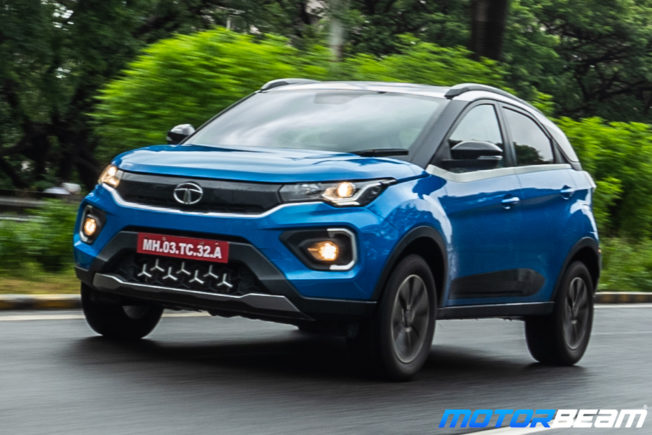The current GST rate imposed on passenger vehicles sold in India is in line with global tax structures and is not causing industry disruption, officials from Finance Ministry have said.
At present, automobiles, barring exceptions, attract 28 percent tax and manufacturers like Maruti Suzuki have called for a re-examination of the current tax rates so as to bring down the purchase cost for consumers.
They want demand, that stagnated due to the economic slowdown last year and got hammered due to COVID-19 this year, to be driven upwards.
However, Finance Ministry officials, on condition of anonymity, have said that passenger vehicle GST rate is actually less than what VAT and Excise duty rates used to be in the pre-GST era.
Noting that the sudden dissent is surprising, the officers stated that the tax rate is on a par with global standards, with the trend being high taxation for automobiles.
Japan has three types of taxes – on purchase, annual automobile tax (based on engine size), weight tax (every two years) – on top of which there is GST. In the EU, the base Value Added Tax (VAT) or GST rate ranges between 20 and 25 percent.
UK charges vehicle excise duties which vary with car emission norms. There are 14 rate slabs costing users a maximum of £2175 (Rs. 2.07 lakhs) a year with surcharge in the first year, besides other charges.
Instead of asking government to reduce passenger vehicle GST rate, the officers said, automakers need to increase investments, become more efficient, reduce costs and royalty payments.
Issues such as shift in consumer choices, NBFC crisis, implementation of stricter emissions regulations and the general transition towards electric vehicles is what is contributing to the upheaval in the industry and not so much GST, they declared.
Passenger Vehicle GST
- GST for automobiles is on a par with global tax rates, say govt officers
- Add that other issues have contributed to industry troubles
- Want automakers to become more efficient and increase investments
Source – ETAuto.com

